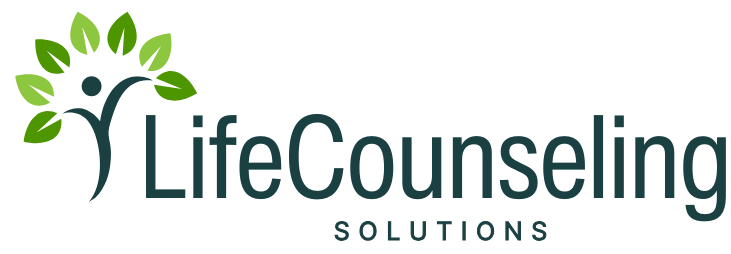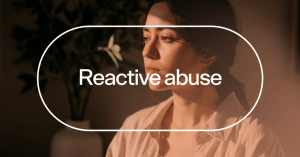By: Colleen Andre, LMHC
“You must know Karate.”
“When I look at you, I don’t see color”
“What are you?”
“Why do you sound so white?”
Do these comments sound familiar? If a sudden pang of irritation comes upon you or feelings of offense while reading some of these comments, then you have just experienced a microaggression. What is a microagression? According to dictionary.com, a microagression is a subtle discriminatory comment often unintentional that reinforces stereotypes. For instance, the comments above were not necessarily stated with the intention of being malicious or purposefully discriminatory. However, the receiver of the comments experiences the statement as offensive.
Growing up, I experienced my fair share of microagressions. When the comments occurred, every part of me wanted to lunge forward and shake the person who was making the remark. But of course, I didn’t. Instead, I internalized the remarks while it festered inside of me. Neither behaviors are healthy, but what are the options?
Here are five tips in how to engage when offended.
Refrain from being reactive.
Anger or rage usually takes over when you may feel insulted, especially discriminated against. However, acting on a knee jerk reaction might lead to an unhelpful and possibly disastrous interaction. Behaviors driven by anger do not bring about change or awareness, which is what you ultimately want.
Take a step back.
Start by evaluating yourself and asking the question, “What about the statement was offensive?” When you take a moment to step back and look within yourself, the moment becomes a learning experience to help you in the future. When you are able to evaluate yourself and learn what triggered you, then you can properly approach the situation with a clearer mindset rather than a purely emotional one.
Be open to educating.
Often times, you want to scold and condescend those who you feel slighted by, especially discriminated against. The remarks hit a deep root of who you are as person, therefore you want to reprimand at the least. The retribution feels satisfying, but is it helpful? You hate the experience and ultimately do not want it to happen again. The best way to prevent unhelpful occurrences from repeating is to educate people. Explain to the person what was hurtful or unhelpful. You might even be able to give suggestions in how to rephrase the comment to be more appropriate. The best approach in this case is to engage in such a way that promotes understanding rather than a harsh rebuke.
Note the trigger.
It is important to take note the comment that triggered you. By doing so, you will be able to better understand yourself and your reactions to specific remarks. That way, you can better prepare your reactions for future interactions if the remark is repeated.
Forgive.
As much as we want to write off the person as a racist, bigot, etc., bitterness and resentment will not do you any good. Hatred just breeds more hatred. The anger brewing in you will not necessarily lead to the other person to a greater understanding or a willingness to change. Your responsibility is to manage what is within your controls which are your reactions and willingness to engage in a helpful way.
Offenses are going to come up. The hope is hurtful remarks, intentional or unintentional, will be eliminated. But in the meantime, we have to learn how to be part of that change and how to artfully engage in an imperfect world.
 About Colleen: Colleen values the importance of a comfortable and non-judgmental atmosphere. At the heart of her work, she seeks to create a safe environment in which clients can feel at ease while working through life’s difficulties. Her specialty is working with women and adolescents struggling with anger management, trauma, and anxiety. She also enjoys assisting those facing multicultural or racial issues. Ultimately, her goal is to help clients uncover the source of their distress so that they can begin to heal. See Colleen’s full bio.
About Colleen: Colleen values the importance of a comfortable and non-judgmental atmosphere. At the heart of her work, she seeks to create a safe environment in which clients can feel at ease while working through life’s difficulties. Her specialty is working with women and adolescents struggling with anger management, trauma, and anxiety. She also enjoys assisting those facing multicultural or racial issues. Ultimately, her goal is to help clients uncover the source of their distress so that they can begin to heal. See Colleen’s full bio.






